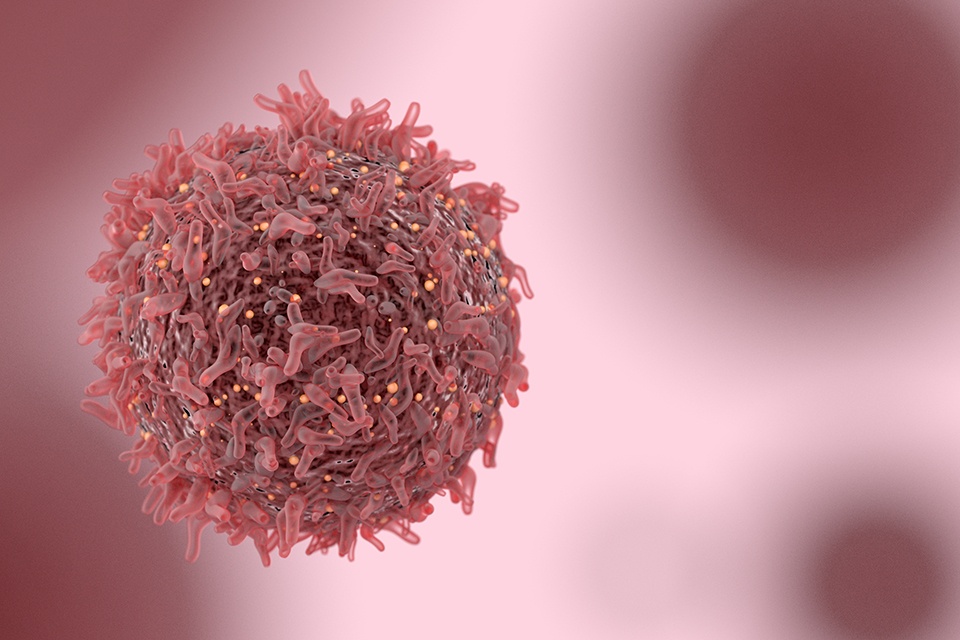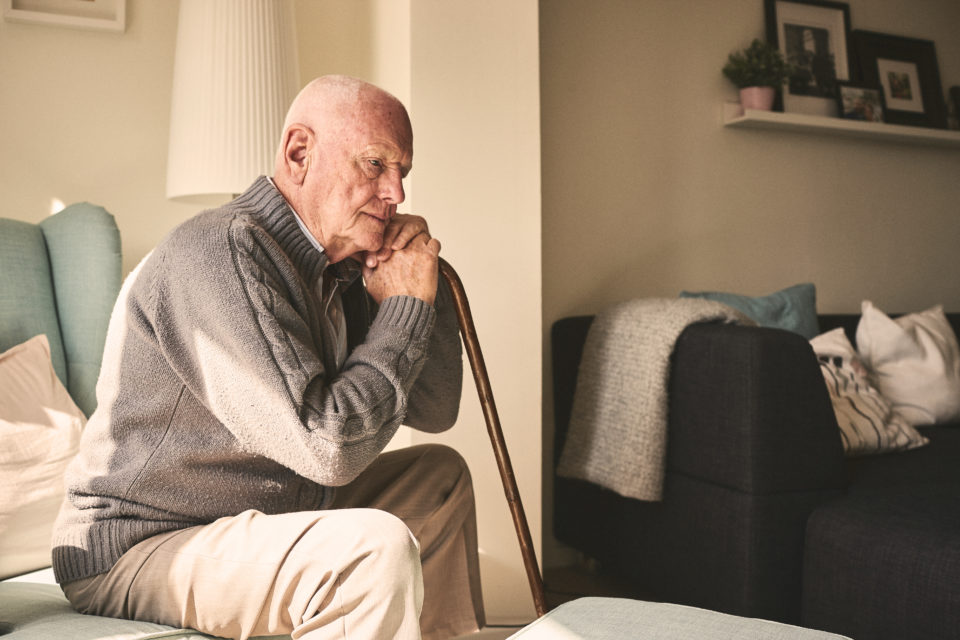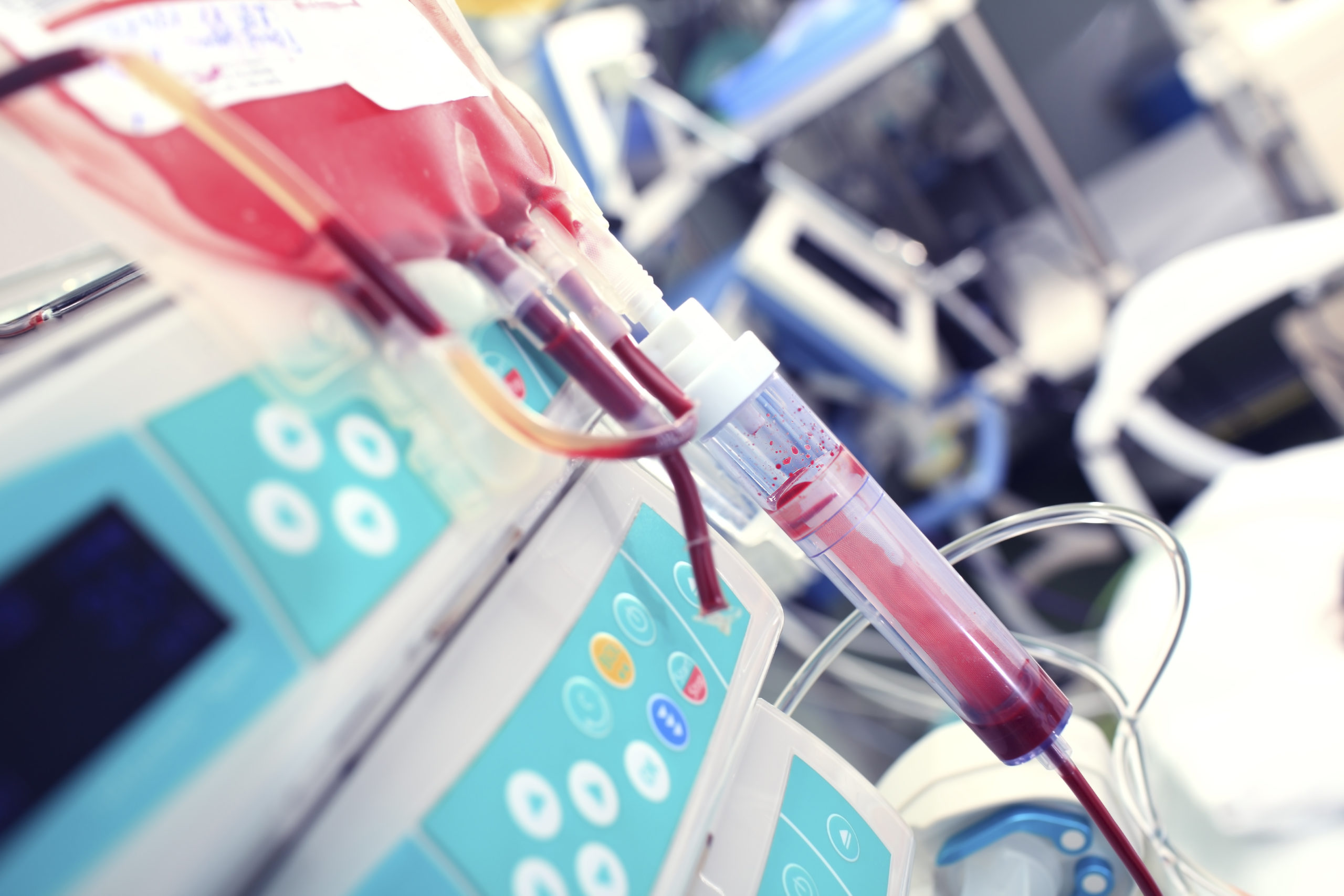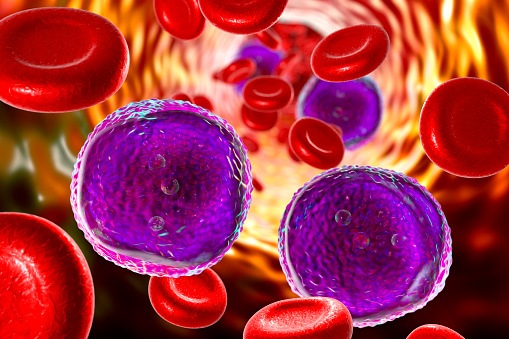
Researchers reported updated results from a phase I trial of donor-derived CD7 chimeric antigen receptor (CAR) T cells for relapsed or refractory T-cell acute lymphoblastic leukemia (r/r T-ALL). The results were presented at the 2022 American Society of Clinical Oncology Annual Meeting.
This study, conducted by Jing Pan and colleagues, was comprised of 20 patients with prior stem cell transplantation (SCT). The population of interest all received CAR T cells from prior SCT donors, while patients without SCT history received CAR T cells from new donors who provided stem cells CAR T therapy, the researchers noted. The primary outcome of interest in this analysis was safety with efficacy secondary.
According to the results, 95% of patients responded and were followed for over 15 months. The short-term adverse events reported included grade 3 or higher cytokine release syndrome (10%) and grade 1-2 graft-versus-host disease (GVHD, 60%), which were all reversible, the researchers wrote. The objective response and complete remission rate were 95% and 85% following day 30 post-infusion, with one-year progressive-free survival (PFS) and overall survival (OS) rates observed at 51.6% (95% CI, 24.7-78.4%) and 72.5% (95% CI, 51.9-93.0%), respectively].
“Donor-derived CD7 CAR T cell therapy showed encouraging activity in treating r/r T-ALL. Relapse emerges as major issues impeding long-term outcomes. CD7-negative relapse was commonly observed under CAR T cell surveillance. Late onset GVHD and infections may occur and should be carefully managed,” the researchers concluded.







 © 2025 Mashup Media, LLC, a Formedics Property. All Rights Reserved.
© 2025 Mashup Media, LLC, a Formedics Property. All Rights Reserved.